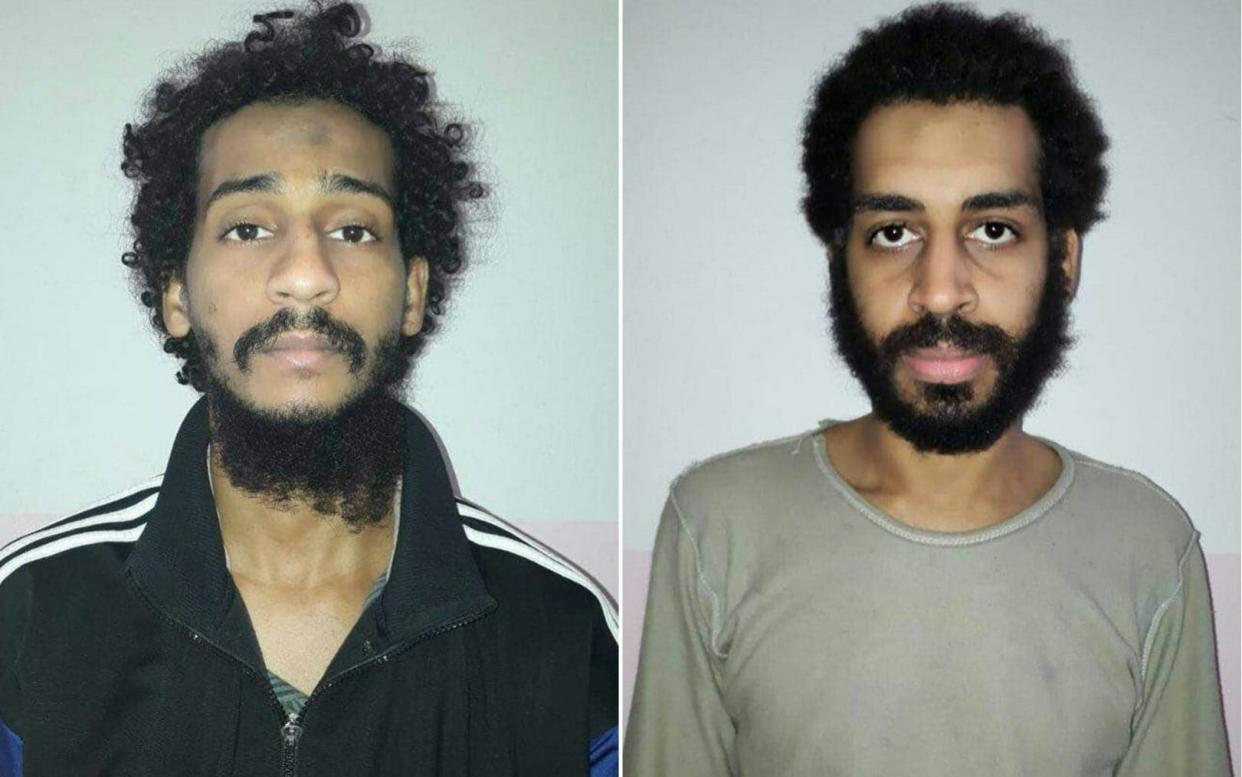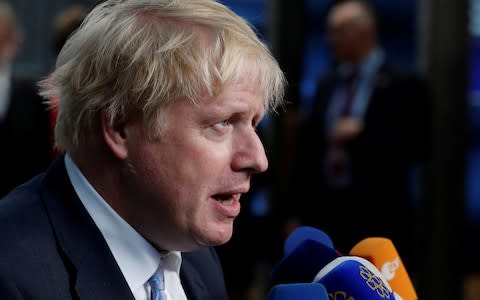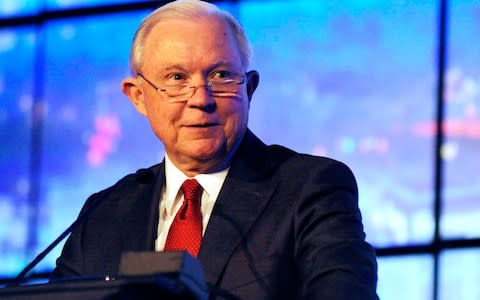Boris Johnson warned of 'reprisal' attacks if Isil Beatles pair executed in US

Boris Johnson privately warned there could be “reprisal” killings of British citizens if two Isil fighters allegedly members of the infamous ‘Beatles’ terror cell were executed in America.
Mr Johnson, foreign secretary at the time, expressed the concerns in a June 2018 letter discussing whether the UK should help America prosecute the men without demanding they were spared the death penalty.
The UK eventually agreed to waive the usual death penalty assurances in the case of El Shafee El-Sheikh and Alexanda Kotey, the Isil fighters and former British citizens who were captured in Syria.
On Thursday the High Court ruled in favour of the UK government in a legal challenge brought against the decision, rejecting suggestions that ministers had acted illegally.
The judges said that ministers had the power to make the move and that there was no precedent set by common law – based on past legal judgments – that what happened broke the law.
However, the challenge may not be over, with lawyers for El-Sheikh's mother, who launched the judicial review, seeking to take their case to the Supreme Court.
The legal case was triggered after The Telegraph revealed that the Home Office waived its usual policy of demanding a death penalty assurance before handing over evidence to foreign governments that could be used in trial.
Kotey and El -Sheikh are accused of being members of the brutal ‘Beatles’ Isil terror cell, believed to be behind the killings of British aid workers David Haines and Alan Henning, and US journalists James Foley and Steven Sotloff.
The jihadists were given the 'Beatles' nickname by their captors because they spoke in British accents. Both Kotey and El-Sheikh have since been stripped of their British citizenship.
Sajid Javid, the Home Secretary, decided the pair could not be successfully prosecuted in the UK and agreed instead to give evidence to Donald Trump’s administration to help bring the men to justice in America.

But, court documents showed, there were concerns about the move at the very top of the British government.
Mr Johnson wrote on 20 June 2018, before the decision was made: “Because of our stance on the death penalty there is a wider reputational and political risk that would arise from executions in these cases following UK assistance.
“There is also a national security risk whereby there may be reprisals by extremists against British citizens at home and abroad, should the men be executed.”
Nonetheless, Mr Johnson went on in the letter to support the decision to waive death penalty assurances in this “unique and unprecedented” case, saying it was ultimately in Britain’s “national security interests”.
Two days later the decision was communicated to the Trump administration.

The possibility that the men could be sent to Guantanamo Bay, the US detention camp in Cuba, was also made explicit in one private meeting between senior UK and US ministers, the documents show.
Jeff Sessions, then the US attorney general, communicated as much to Amber Rudd, then the home secretary before Mr Javid took over in the role, in a meeting in Washington DC in March 2018.
“He referred to them [Kotey and El-Sheikh] as ‘prisoners of war’, and to Guantanamo Bay as the appropriate place of detention for prisoners of war”, reads one part of the judgment, referring to what Mr Sessions said in the meeting.
Government ministers argued that sharing evidence without conditions would increase the chance of a successful conviction, thereby reducing the chance the men would be sent to Guantanamo.
However there remains no guarantee that Kotey and El-Sheikh will avoid the detention camp if attempts to prosecute them in the US courts fail, despite Britain’s long-held opposition to the facility.
Deciding the case, the Lord Chief Justice, Lord Burnett, sitting with Mr Justice Garnham, said: "There is no general, common law duty on Her Majesty's Government to take positive steps to protect an individual's life from the actions of a third party and that includes requiring particular undertakings before complying with the MLA request."
Richard Walton, the former head of terrorism command at Scotland Yard, welcomed the decision, saying: “This is a victory for the Home Secretary, for the application of the rule of law in defeating terrorism and for common sense.”
But Gareth Peirce, the lawyer representing Elsheikh's mother, said the decision “exposes” gaps in the current laws. She is seeking to have the Supreme Court hear the challenge in some form.

 Yahoo News
Yahoo News 
